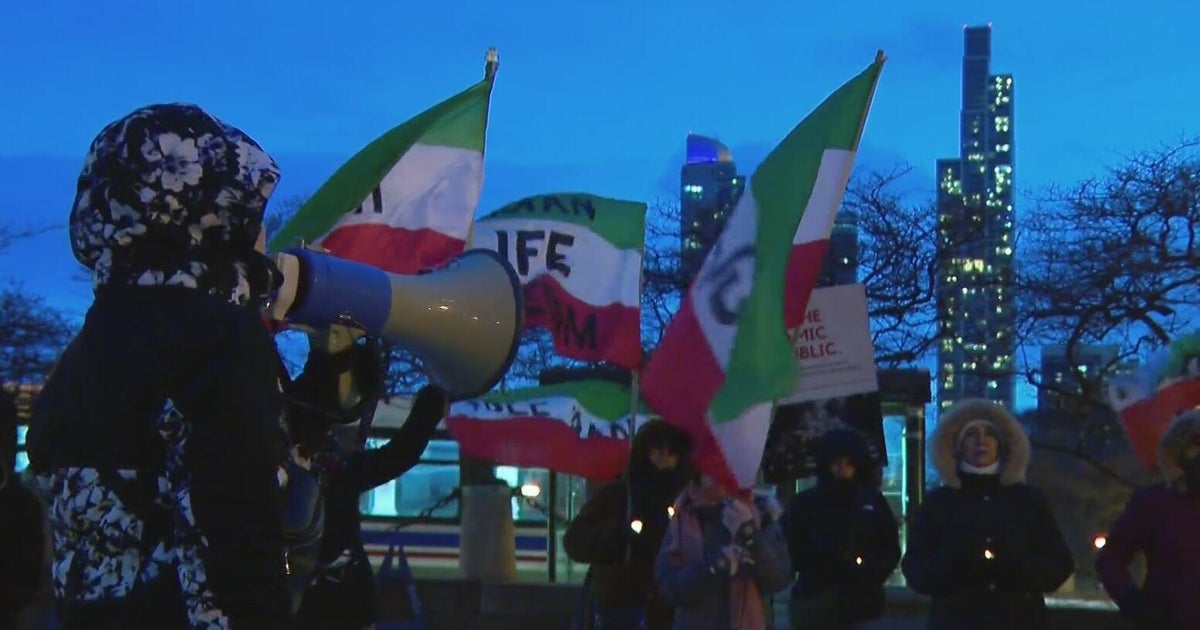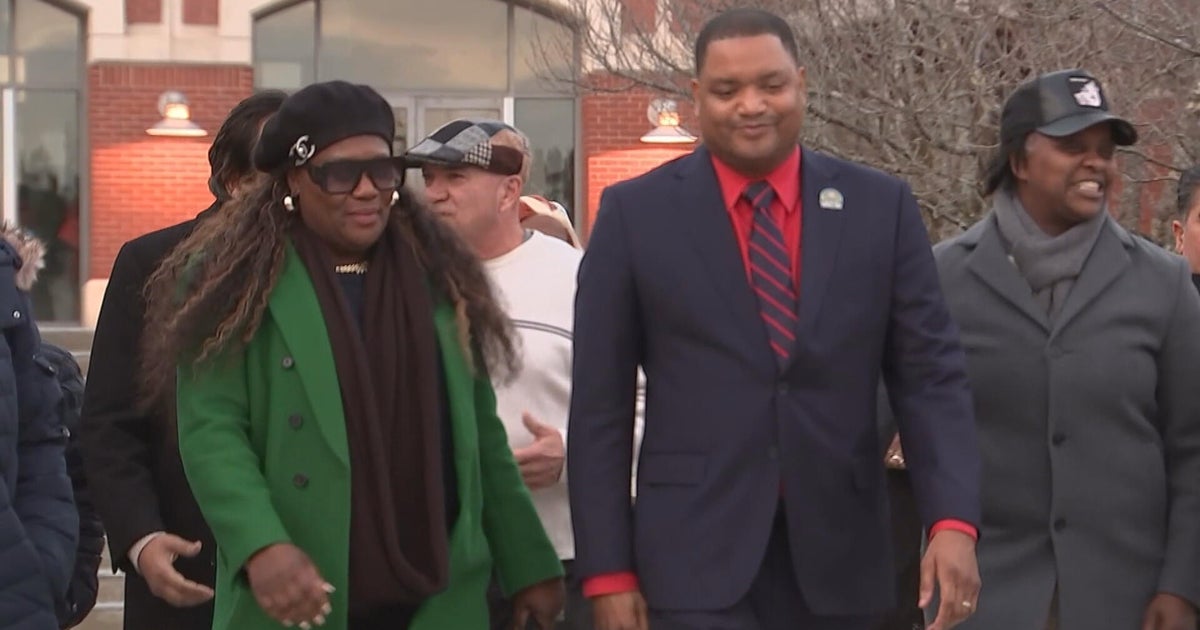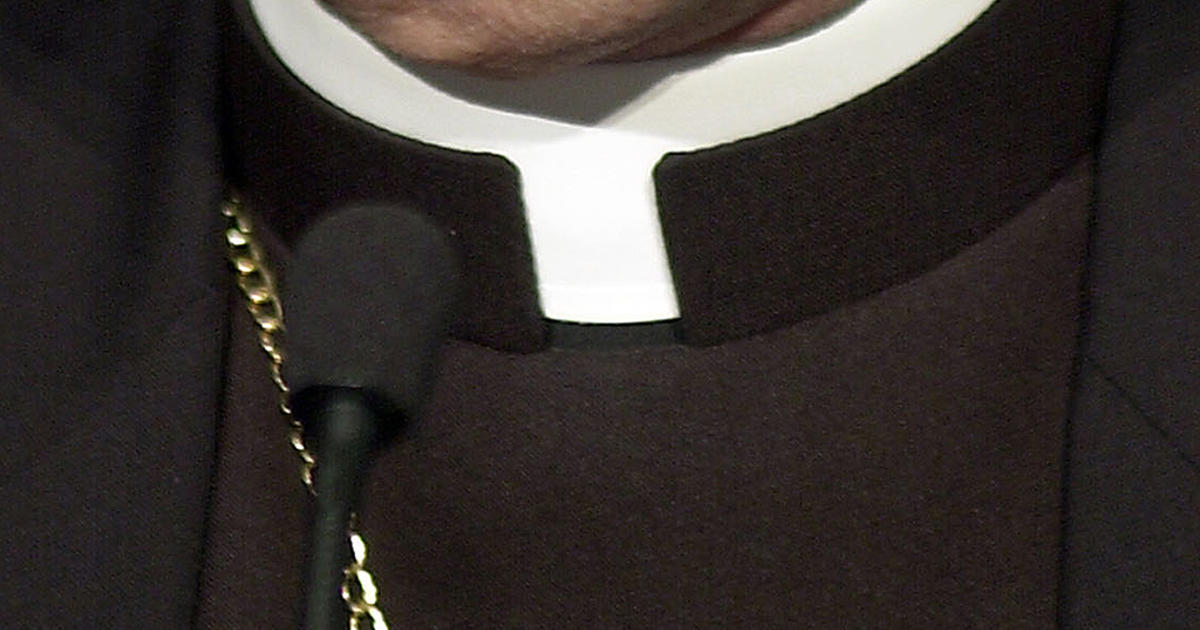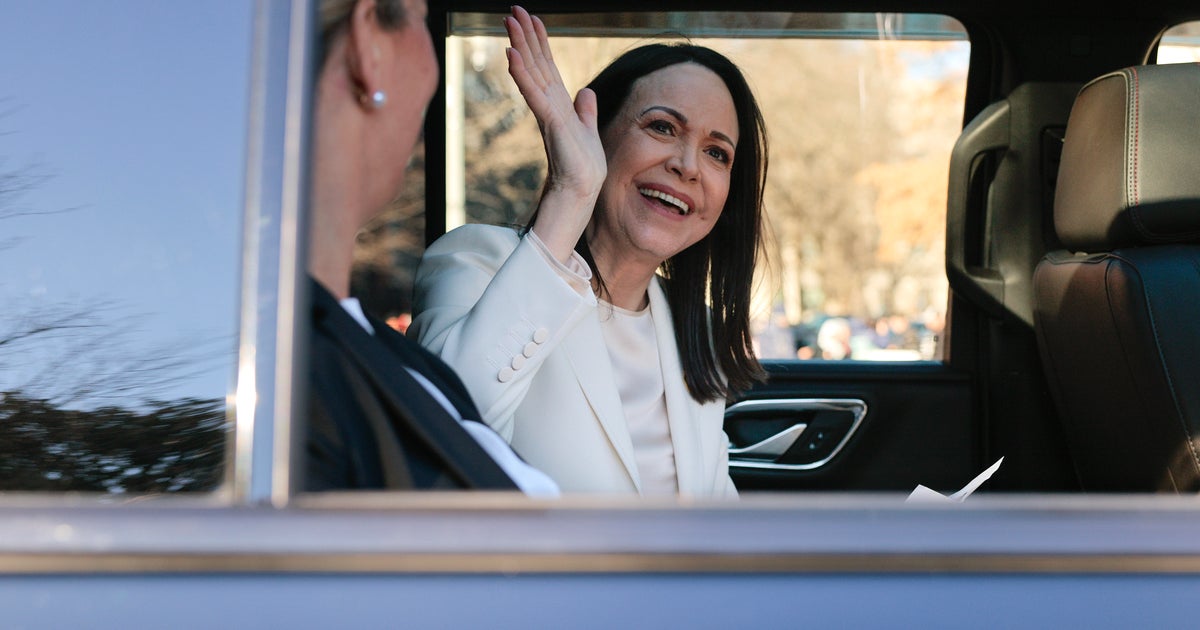Twitter: World Leaders' Accounts Not Entirely Above Policies
SAN FRANCISCO (AP) — Twitter says world leaders aren't entirely above its ban on users threatening violence or promoting terrorism on the site.
The San Francisco company is clarifying its rules as some Democrats say they would like to see President Donald Trump booted off Twitter, his favored platform for filterless communication with the world.
But while Twitter says it will enforce its policies against any user when it comes to material such as child sexual abuse, direct threats of violence against a private individual, or posting someone's private information, it doesn't appear Trump's account is in imminent danger.
A blog post this week expanded on Twitter's policy governing tweets. In June, Twitter said world leaders' tweets that violate its rules but have a clear public-interest value might get a warning label. The label would provide context on the violation and let people to click through to see the tweet if they want to.
While Twitter said in June that it will not use its algorithms to "elevate" or otherwise promote tweets that have a warning label, it now says it also won't let people retweet or comment on them. People will still be able to "quote tweet" the material. Quote tweeting lets users add their own message above someone else's tweet and post it on their own timeline. This nuance shows the fine line Twitter is trying to walk with its policy — it wants to promote free expression and allow people to comment on controversial tweets, but it doesn't want to promote them on their own, without context.
With all that, the company has yet to slap a tweet with a warning label since putting its policy into effect. So is it all for show? Below are some questions and answers about Twitter's policy.
___
WHAT DID TWITTER DO?
On Tuesday, Twitter said it'll take action on any account — world leader or not — that makes clear and direct threats of violence against a person, depending on the context. What is this context? A world leader interacting directly with another public figure, or commenting on political and foreign policy issues, would "likely not result in enforcement," Twitter said.
"Foreign policy saber-rattling on economic or military issues are generally not in violation of the Twitter Rules," the blog post reads. For instance, Trump has threatened Iran on Twitter, prompting his critics to call for his removal from the service. But based on Twitter's policy, that doesn't count as a violation.
But other things, such as promoting terrorism, posting someone's private information such as an address or phone number, promoting self-harm, engaging in child sexual exploitation or sharing intimate photos of someone without their consent could all get a world leader kicked off Twitter.
___
WHY DID TWITTER DO THIS?
Twitter wouldn't say what prompted Tuesday's blog post. But there's been growing pressure from Democrats, including presidential candidate and California Sen. Kamala Harris , to remove Trump from Twitter because of what they see as bullying and abuse. In a public letter to Twitter CEO Jack Dorsey, Harris listed offending tweets from Trump such as one on Sept. 29 when he wrote that he wants Democratic Rep. Adam Schiff arrested and questioned for "treason."
"No user, regardless of their job, wealth, or stature should be exempt from abiding by Twitter's user agreement, not even the President of the United States," the letter reads.
But not only has Twitter not removed Trump, the tweets in question are without any warning label. Even with Tuesday's explanation, it is not entirely clear what tweets from a world leader could get one. Since Schiff is also a public figure, Twitter could say it doesn't count even if he is targeted by the president.
___
WHAT DO CRITICS THINK?
Twitter has critics on all sides. Keegan Hankes, research analyst for the Southern Poverty Law Center's Intelligence Project who focuses on far-right extremist propaganda online, called the policy statement a step in the right direction. But, he added, Twitter is essentially arguing "that hate speech can be in the public interest. I am arguing that hate speech is never in the public interest."
If Trump's tweets were to get a warning label, however, this could fuel his supporters' ire toward Twitter. The president routinely complains, without evidence, that social media sites are biased against him and other conservatives.
___
OTHER COMPANIES?
Neither Facebook nor Google (or YouTube) have specific policies exempting world leaders from their rules. But Trump's use of Twitter is unique as it is unprecedented, so other social media companies have not felt the same pressure to enact such a policy. All the big social media companies generally ban direct threats of violence, supporting terrorism, as well as hate speech and abuse. But enforcement can be spotty on all counts, and context matters — even in the president's case, many of the tweets that offend his critics could fall in a gray area.
That said, Facebook's recently announced policy of not fact-checking politicians' posts or advertisements has drawn fire from critics including Sen. Elizabeth Warren, another Democratic presidential candidate. To prove her point, Warren took out an ad on Facebook that purposely made the false claim that Facebook CEO Mark Zuckerberg had endorsed Trump for president.
YouTube, meanwhile, says it removes material that violates its community guidelines, regardless of who posts it.
"We do not treat politicians any differently," said YouTube spokesman Farshad Shadloo.
© Copyright 2019 The Associated Press. All Rights Reserved. This material may not be published, broadcast, rewritten or redistributed.







